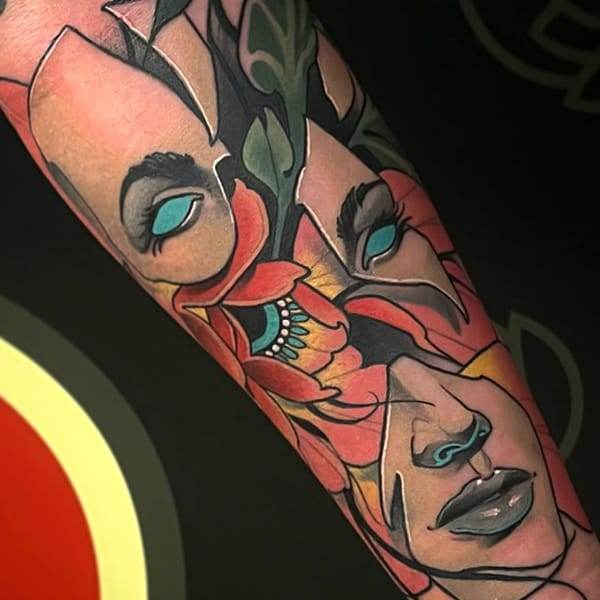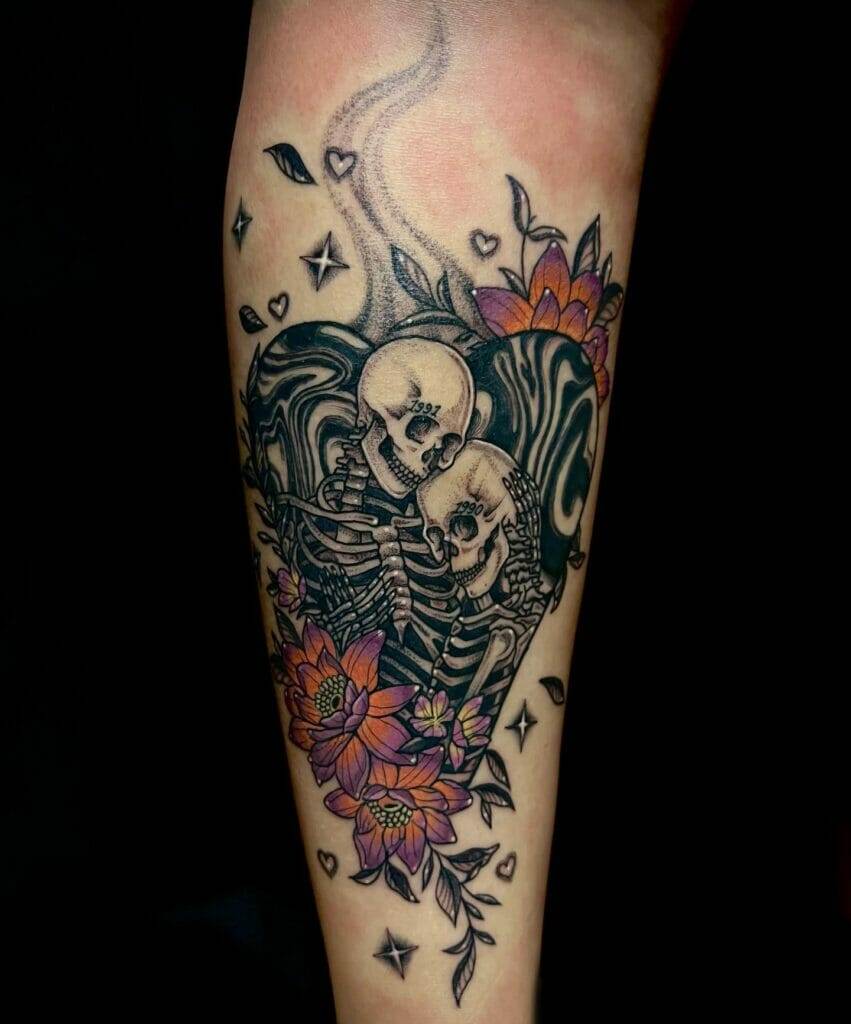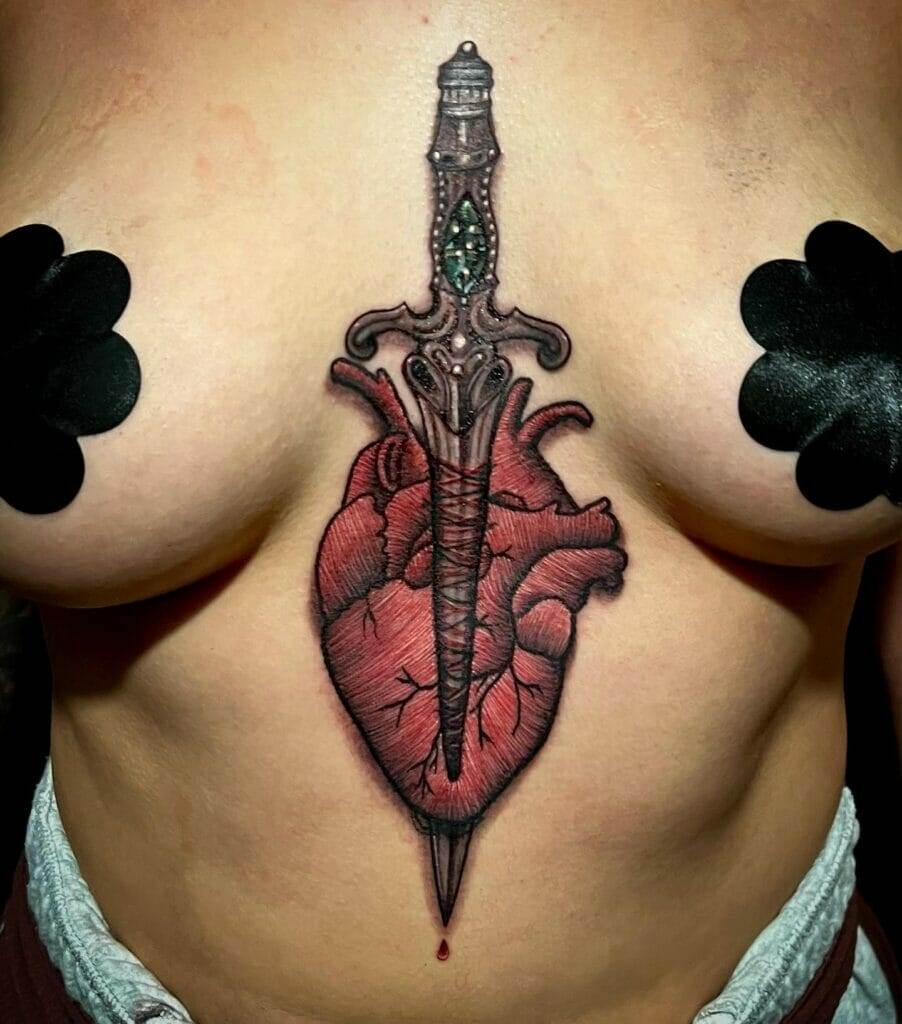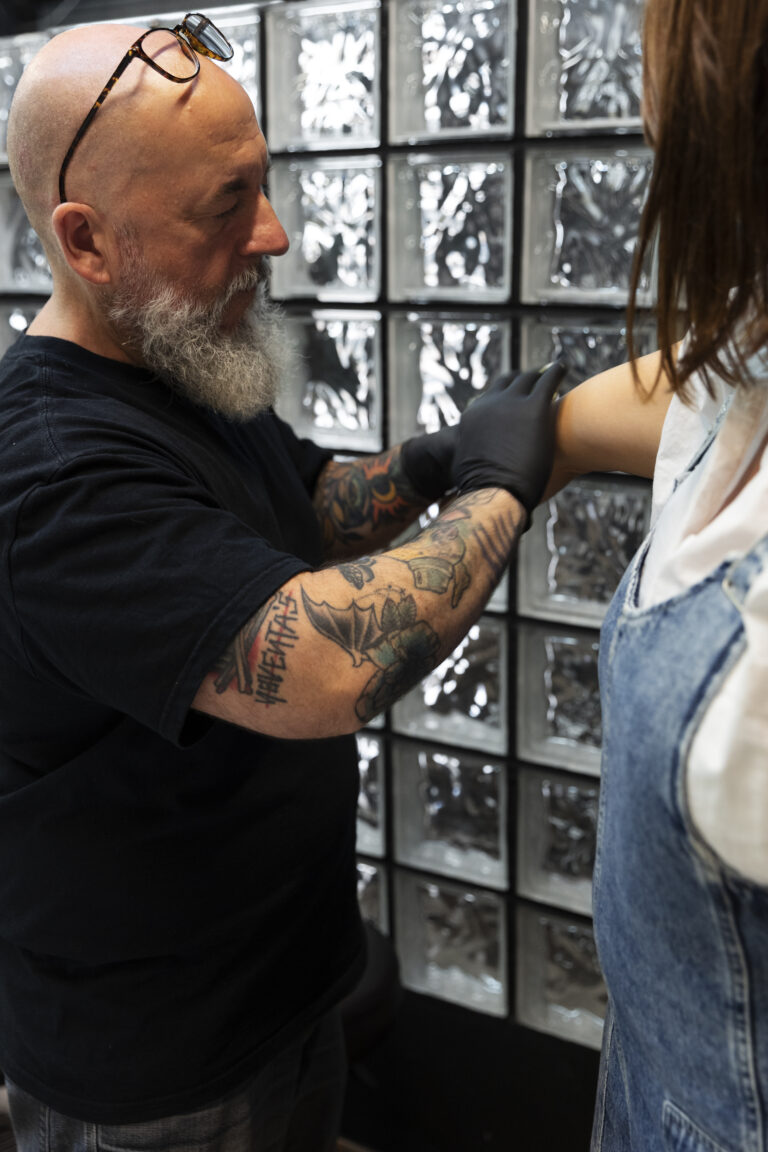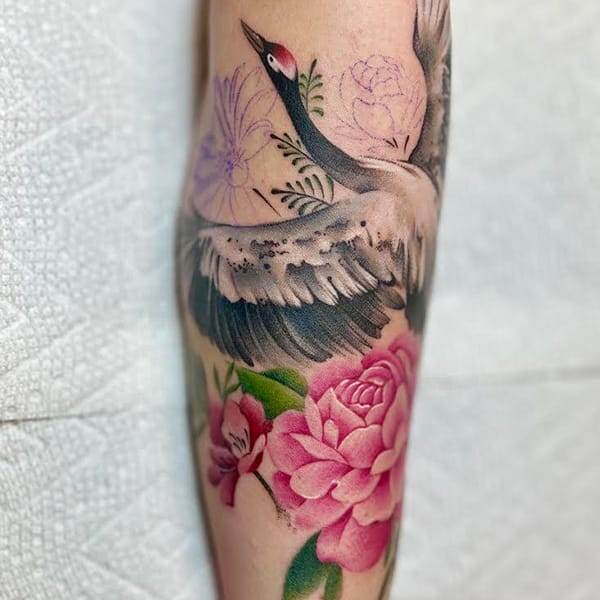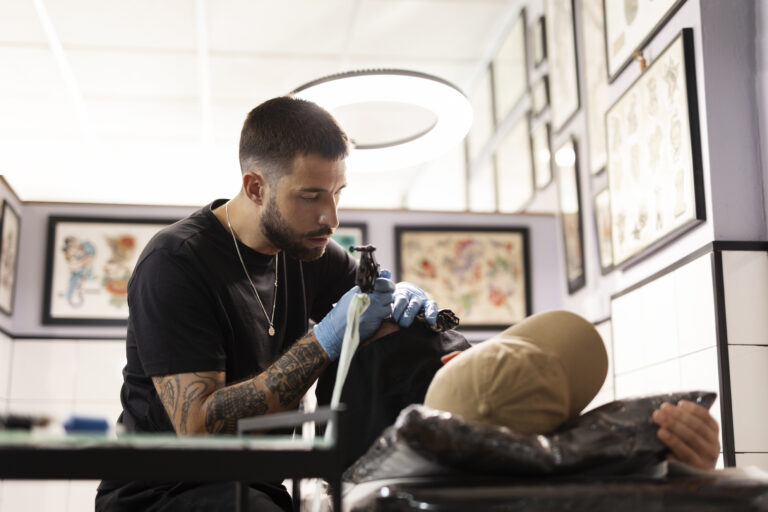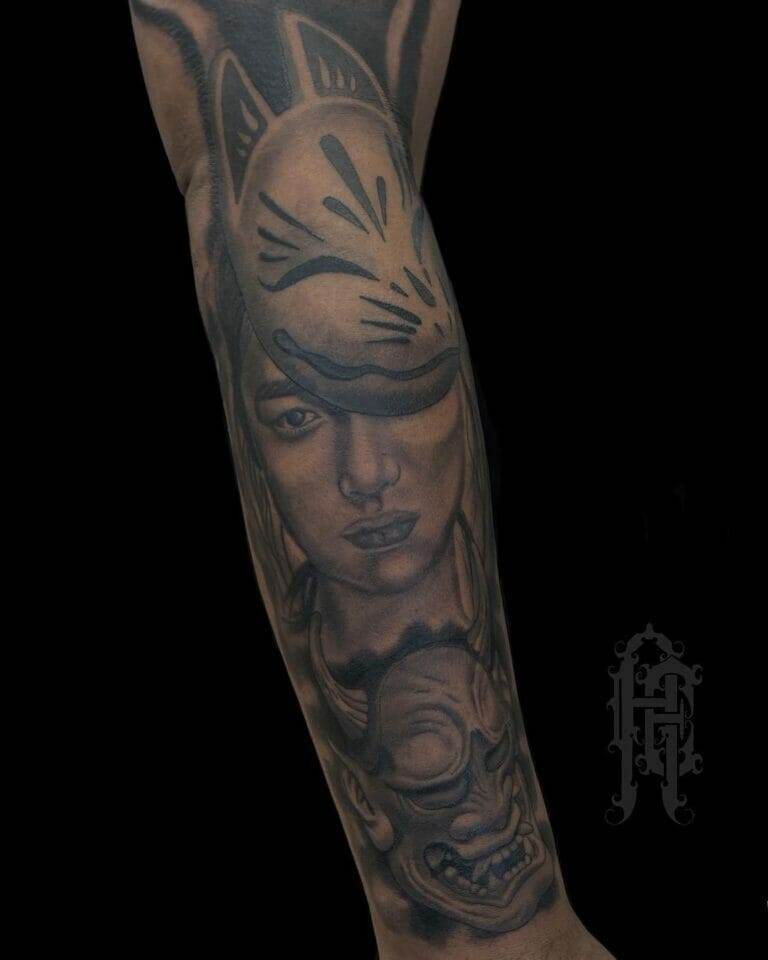Tattoos have been used for centuries as a form of self-expression. They are a way for individuals to showcase their personality, beliefs, and emotions through permanent ink on their skin. Tattoos can be seen as a form of art, with the body as the canvas. Each tattoo tells a unique story and holds personal significance to the individual who wears it.
Tattoos are a powerful means of self-expression because they allow individuals to visually represent their inner thoughts and emotions. They can serve as a form of communication, allowing people to express themselves in ways that words cannot always capture. Whether it is a symbol, a quote, or a design, tattoos can convey deep emotions and personal experiences.
The History of Tattoos and Emotional Significance
The history of tattoos dates back thousands of years. Tattoos have been found on mummies from ancient Egypt, preserved in ice on the bodies of ancient Siberians, and documented in various cultures around the world. In many ancient civilizations, tattoos were used to signify important life events, such as coming of age ceremonies or marriage.
Throughout history, tattoos have been used to express emotions. In some cultures, tattoos were seen as a form of protection or spiritual connection. For example, in Polynesian culture, tattoos were believed to provide spiritual guidance and protection from evil spirits. In other cultures, tattoos were used to commemorate loved ones or to honor ancestors.
The Psychology of Tattooing: How It Affects Emotions
Getting a tattoo can be an emotional experience for many individuals. The process of getting tattooed involves both physical and psychological sensations that can impact emotions. The act of choosing a design and going through the process of getting tattooed can be empowering and cathartic.
During the tattooing process, the body releases endorphins, which are natural painkillers that can create feelings of euphoria and relaxation. This release of endorphins can contribute to a sense of emotional well-being and can help individuals cope with any discomfort or anxiety they may be feeling.
The Different Meanings of Tattoos: Personal and Cultural
Tattoos can have different meanings for different people. They can represent personal beliefs, values, or experiences. For some, tattoos are a way to express their individuality and uniqueness. They may choose designs that are meaningful to them personally, such as symbols that represent their passions or quotes that inspire them.
Tattoos also hold cultural significance for many individuals. In some cultures, tattoos are a rite of passage or a way to honor one’s heritage. For example, in Japanese culture, traditional irezumi tattoos are seen as a form of art and are often used to tell a story or represent important cultural symbols.
The Role of Tattoos in Identity Formation
Tattoos can play a significant role in forming one’s identity. They can be a way for individuals to express who they are and what they believe in. Tattoos can serve as a visual representation of one’s values, interests, and experiences.
For some individuals, getting a tattoo is a way to reclaim their body and assert their autonomy. It can be a form of self-empowerment and a way to take ownership of one’s identity. Tattoos can also be a way for individuals to connect with like-minded people and find a sense of belonging within a community.
The Connection Between Tattoos and Memories
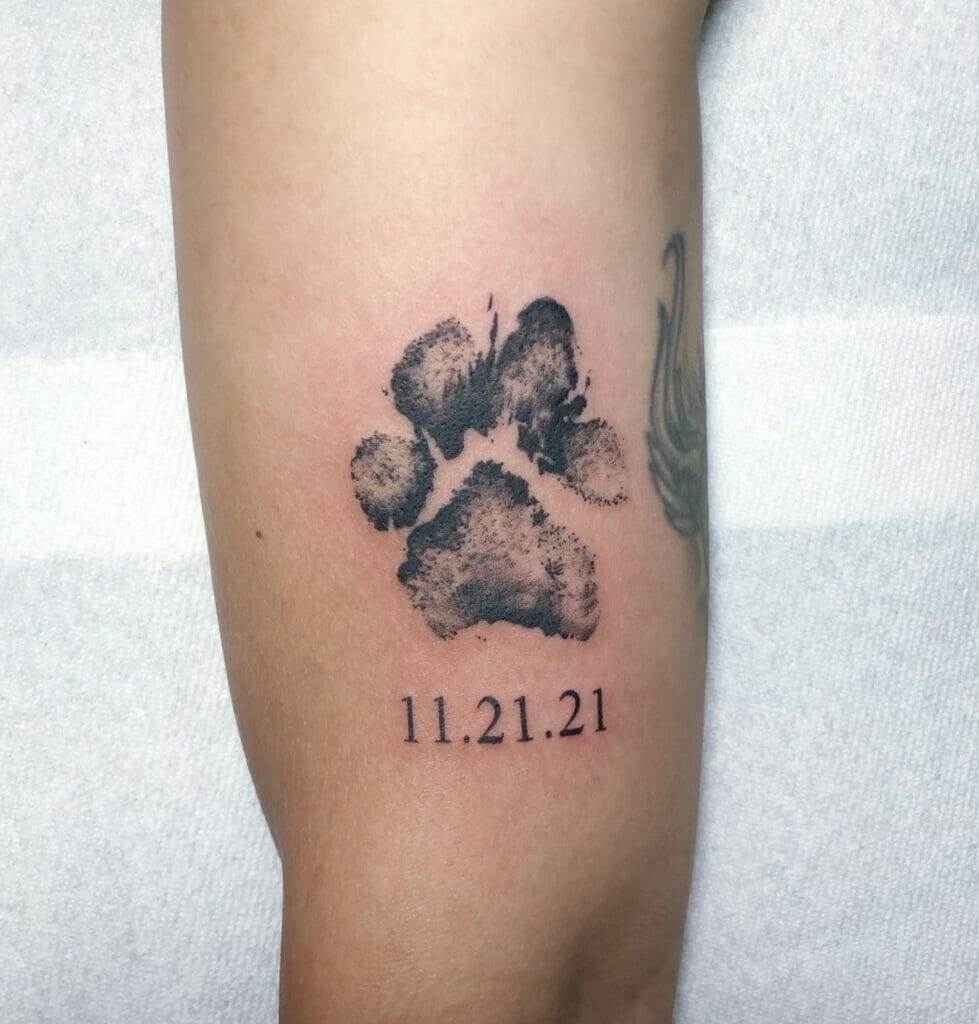
Tattoos can be used as a way to commemorate important events or people in one’s life. They can serve as a permanent reminder of significant moments or loved ones who have passed away. For example, someone may get a tattoo in memory of a lost loved one, using symbols or images that hold personal meaning.
Tattoos can also serve as reminders of past experiences. They can be a way to remember a transformative journey, such as overcoming a personal struggle or achieving a significant goal. Tattoos can capture the emotions and memories associated with these experiences, allowing individuals to carry them with them wherever they go.
Tattoos as a Form of Healing and Coping Mechanism
Tattoos can be used as a form of healing and a coping mechanism for individuals who have experienced trauma or loss. The act of getting a tattoo can be therapeutic, allowing individuals to process their emotions and find closure.
For some, tattoos can be a way to reclaim their bodies after experiencing physical or emotional pain. They can serve as a reminder of strength and resilience, symbolizing the ability to overcome adversity. Tattoos can also be a way to express emotions that are difficult to put into words, providing a sense of release and catharsis.
The Impact of Tattoos on Relationships and Social Interactions
Tattoos can have an impact on relationships and social interactions. They can be seen as a form of self-expression that others may interpret in different ways. Some people may view tattoos as a form of rebellion or nonconformity, while others may see them as a way to express creativity or individuality.
In some cases, tattoos can serve as conversation starters and allow individuals to connect with others who share similar interests or experiences. However, tattoos can also be perceived negatively by some individuals or in certain social settings. Some people may hold stereotypes or judgments about those with tattoos, which can impact how they are perceived and treated.
The Stigma Surrounding Tattoos and Emotional Expression
Despite the growing acceptance of tattoos in mainstream society, there is still a stigma surrounding tattoos and emotional expression. Some people may view tattoos as unprofessional or inappropriate, particularly in certain work environments. This stigma can create barriers for individuals who want to express themselves through tattoos but fear judgment or discrimination.
The stigma surrounding tattoos and emotional expression can also impact individuals’ self-esteem and confidence. Those who have tattoos may feel the need to hide them or cover them up in order to conform to societal expectations. This can prevent individuals from fully embracing their authentic selves and expressing their emotions openly.
The Future of Tattoos: Changing Attitudes and Trends
Attitudes towards tattoos have been changing in recent years, with tattoos becoming more accepted in mainstream society. Many workplaces have relaxed their dress code policies to allow visible tattoos, and more people are getting tattoos as a form of self-expression.
There are also new trends emerging in the world of tattoos. Minimalist designs, watercolor tattoos, and geometric patterns are becoming increasingly popular. People are also experimenting with new tattoo placements, such as behind the ear or on the finger.
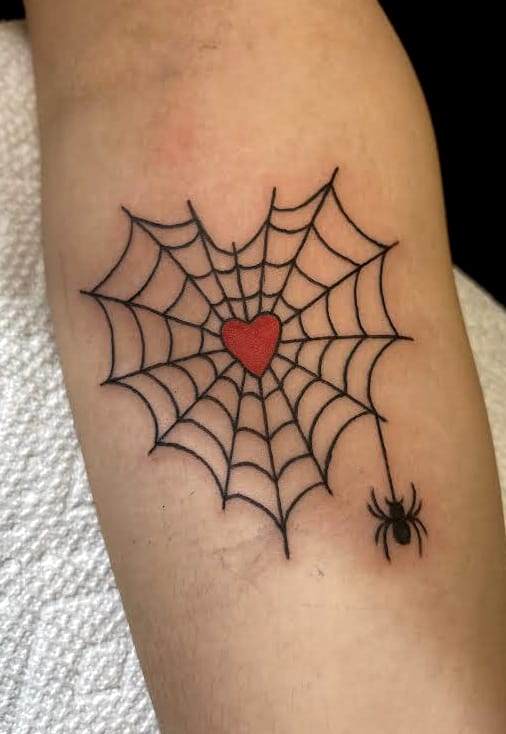
The Power of Tattoos in Expressing Emotions
In conclusion, tattoos are a powerful form of self-expression that allow individuals to visually represent their inner thoughts and emotions. They have been used throughout history to express emotions, commemorate important events, and honor cultural traditions.
Getting a tattoo can be an emotional experience, as it involves both physical and psychological sensations. The release of endorphins during the tattooing process can contribute to a sense of emotional well-being and relaxation.
Tattoos can have different meanings for different people, serving as a way to express personal beliefs, values, and experiences. They can play a significant role in forming one’s identity and can be used as a way to connect with others who share similar interests or experiences.
Tattoos can also serve as a form of healing and coping mechanism for individuals who have experienced trauma or loss. They can be a way to reclaim one’s body and express emotions that are difficult to put into words.
While there is still a stigma surrounding tattoos and emotional expression, attitudes towards tattoos are changing. More people are embracing tattoos as a form of self-expression, and new trends are emerging in the world of tattoos.
Overall, tattoos have the power to express emotions in a unique and personal way. They allow individuals to showcase their personality, beliefs, and experiences through permanent ink on their skin. Tattoos are a visual representation of one’s inner thoughts and emotions, serving as a powerful form of self-expression.

